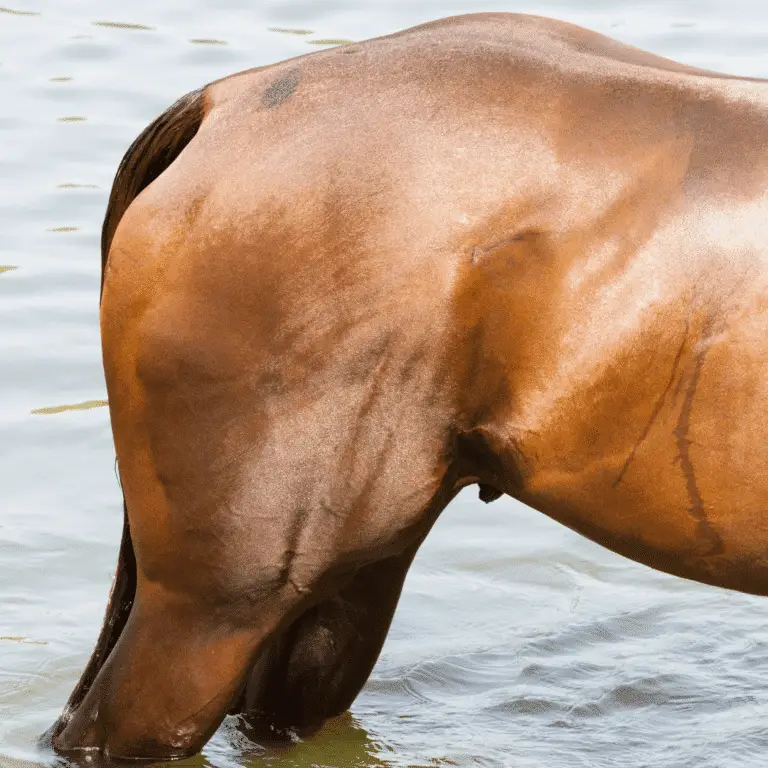Lordosis, commonly known as swayback, is a spinal condition in horses characterized by an abnormal curvature of the spine, usually sagging downward in the lumbar region.
This condition can be congenital or acquired, often resulting from genetic predisposition, poor conformation, or age-related changes in the spine.
In broodmares this condition can be caused after carrying too many or large foals.
Symptoms include a pronounced dip or sway in the back, which may worsen over time, and potentially discomfort or difficulty in carrying weight.
